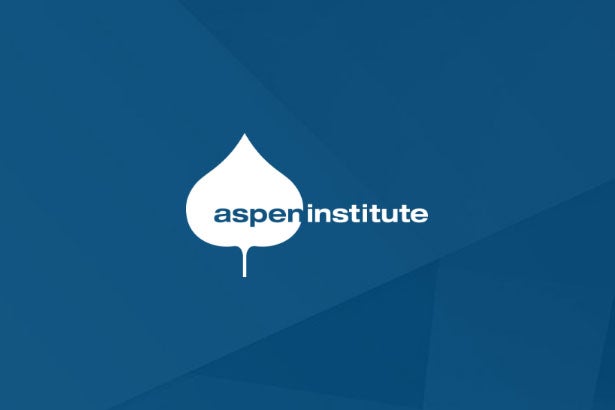Teacher evaluation has emerged as a key strategy for improving student outcomes in public education.
The rationale is compelling: teachers vary widely in their effectiveness, and evaluation systems need to identify and address this variation. In the last two years, most states have adopted new policies to make teacher evaluations more rigorous and meaningful, and the field is consumed with implementing these policies, moving quickly from design to pilot to full-scale implementation.
This guide is designed to help school systems and states design evaluation systems that support teacher growth and development. This focus is critically important because early work in leading districts suggests that the overwhelming majority of teachers fall in the middle range of the performance continuum. For these teachers, supporting improvement is critical.
Means to an End is a practical toolkit for structuring the design process, elevating important issues, and identifying tensions and trade-offs that need to be resolved. The guide was conceived at a 2011 Aspen Institute workshop that brought together leading educators, researchers, and policymakers to share strategies for designing and implementing new teacher evaluations. Examples from districts and charter networks at the vanguard of this new work are included throughout the guide.


